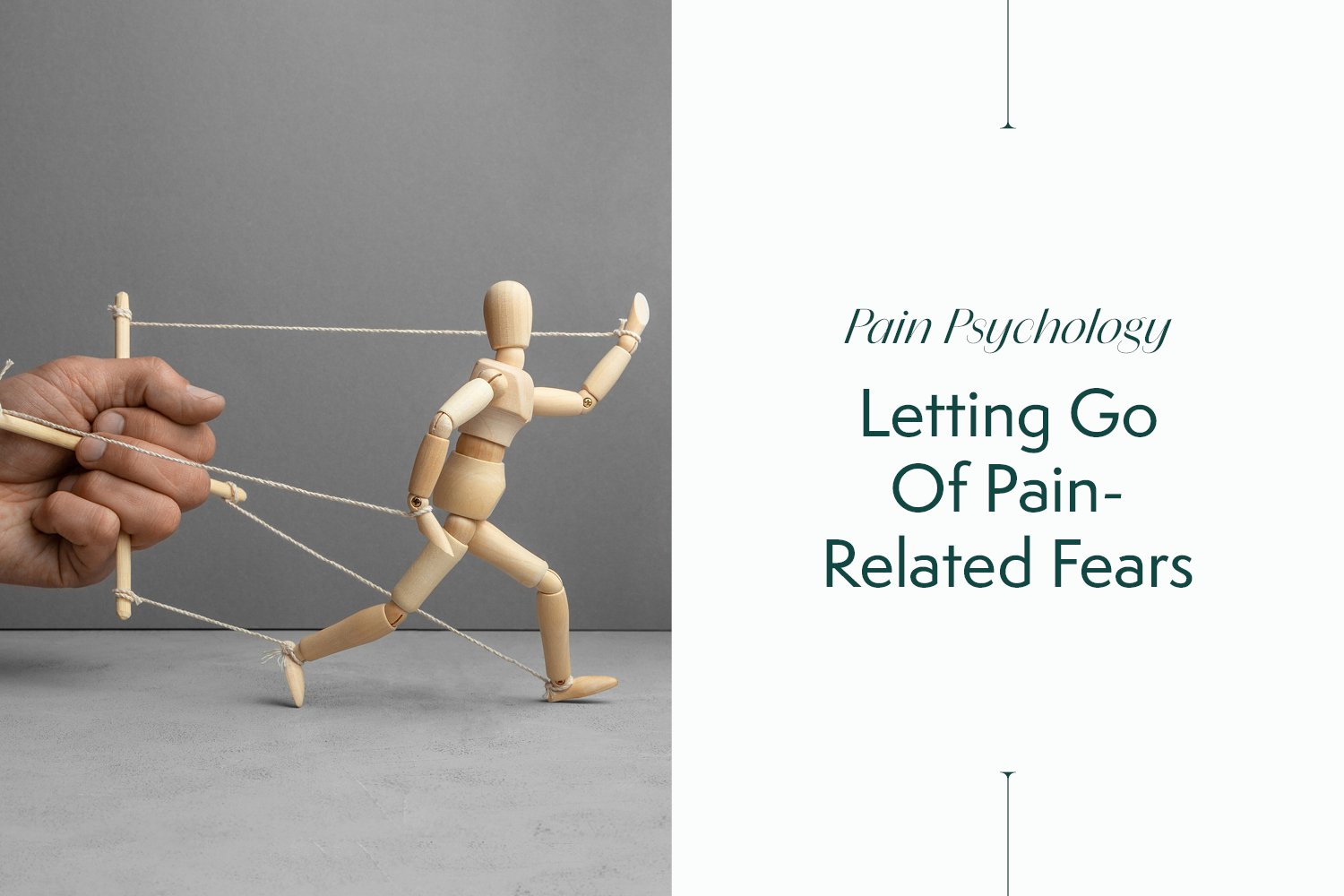
Living with pain can be frustrating, but it can also be frightening. Sometimes, the fear of making things worse can stop you from doing the very things that might help you heal. The good news? It’s possible to change that cycle.
Pain isn’t purely physical. It’s also influenced by emotions, thoughts, and perceptions. Fear, in particular, can amplify pain, as worrying about movement or aggravating an injury often leads to increased muscle tension and restricted mobility. This heightened tension can make pain feel worse.
Take back injuries, for example. If you’ve experienced one, you might instinctively avoid bending or lifting, fearing further harm. However, prolonged avoidance of movement can lead to ongoing stiffness, greater discomfort, and a slower recovery process.
Taking care of both your physical symptoms and emotional responses can make a real difference to pain-related fear. Here are a few gentle approaches to consider:
It’s completely normal to worry when you’re in pain. However, constant worry can make symptoms feel more overwhelming and harder to manage. While you don’t have to push those thoughts away, you can change how you respond to them.
Try:
Persistent pain can make you feel disconnected from your body or unsure of its reliability. Re-establishing that trust takes time, patience, and care.
Listen to how your body responds and respect its limits rather than pushing through discomfort. Taking breaks and adjusting your pace can help prevent flare-ups and support long-term recovery.
Notice the small improvements along the way. Instead of focusing only on what’s difficult, acknowledge what’s going well. Every step forward matters!
Self-compassion is key. Try not to judge yourself harshly for setbacks. Ups and downs are a natural part of healing. Giving yourself grace through the process can make a real difference.
Pain can make hope feel distant, but every small step forward matters.
Focus on what’s within your reach today. Set goals that feel manageable and meaningful. Surround yourself with people who uplift you, whether that’s family, friends, or a supportive community.
By gently challenging fear, practicing self-compassion, and taking small, steady steps, you can move toward greater comfort and renewed trust in your body.